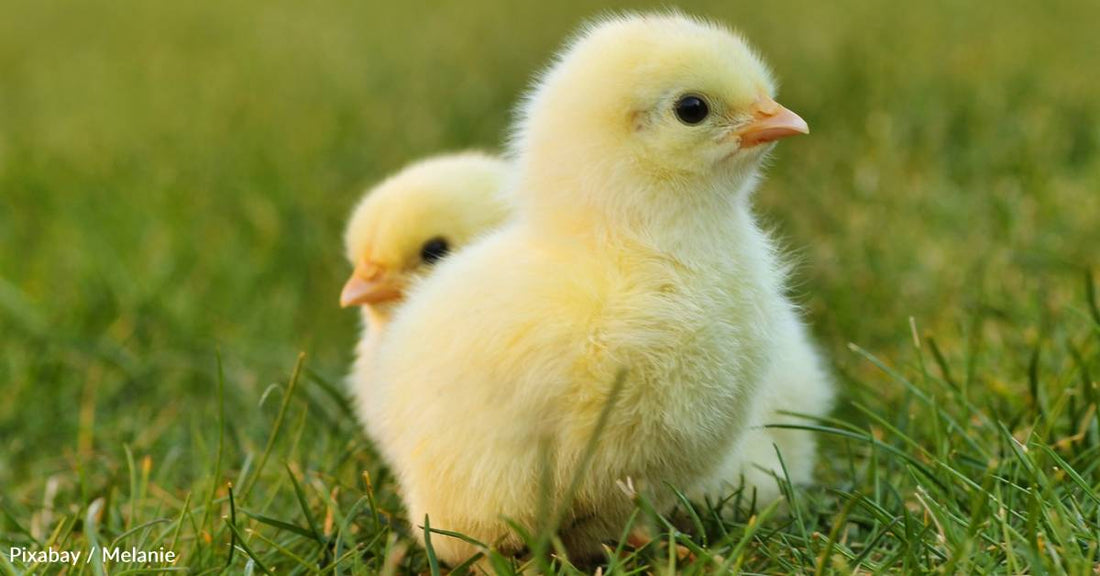An Eggs-ceptional Finding: Humans Can Understand Chicken Emotions
Michelle Milliken
When we’re with our dogs or cats, we may feel like we speak each other’s language… or at least that we get the gist of certain vocalizations. Could we also understand what farm animals are trying to communicate? Maybe, for one species.
Researchers at the University of Queensland recently tested how well humans could decode the emotions behind chicken vocalizations, in positive situations involving treats and negative situations. The findings, published in Royal Society Open Science, show we’re not eggs-actly experts, but that the participants did decode their emotions most of the time. This may help those who raise chickens to not just wing it, but to be more informed on their welfare.
Joerg Henning, study co-author and professor in University of Queensland’s School of Veterinary Science, says, “A substantial proportion of participants being able to successfully recognise calls produced in reward-related contexts is significant. It provides confidence that people involved in chicken husbandry can identify the emotional state of the birds they look after, even if they don’t have prior experience.”
The emotions studied in this study were positive ones the chickens showed while awaiting a reward and more negative ones, including when food was being withheld. The researchers played the vocalizations from these situations for 194 people, who were asked to determine if the chickens were experiencing pleasure or displeasure and high or low excitement.
The findings showed that 69% of the time, participants answered correctly, though they were slightly better at identifying reward calls (71%) than non-reward calls (67%). With the broad success, the researchers say this shows people involved in raising chickens may be able to understand the animals’ emotions well, even if they’re newer to it, which could be good for animal welfare. Using an artificial intelligence system that identifies these calls could allow producers to assess the welfare of their flock, as well.
The findings also suggest that vertebrates understand each other better than we may think.
The researchers write, “Our study reinforces the finding of Filippi et al. that the human ability to perceive the emotional content of vocalizations is not restricted to mammals, but extends to other taxa. This suggests that cross-species call recognition may be intrinsic, at least, to vertebrates, and provides evidence that recognition of reward-related calls may be adaptive in some species.”
So if you raise chickens, you may have some confidence that you speak their language, too.
Michelle has a journalism degree and has spent more than seven years working in broadcast news. She's also been known to write some silly stuff for humor websites. When she's not writing, she's probably getting lost in nature, with a fully-stocked backpack, of course.























